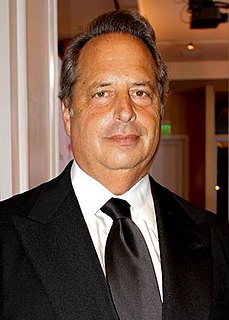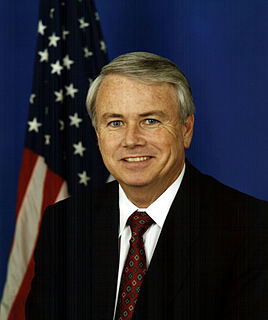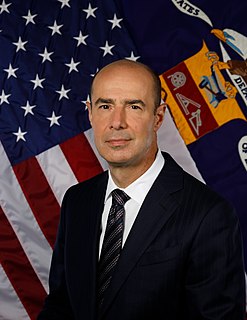A Quote by Preneet Kaur
Over 600 Indian companies have opened their offices in U.K. and have secured the second highest number of jobs by a foreign employer in the U.K.
Related Quotes
Starting from the ruins of the Second World War, we - all Europeans said, after centuries of fighting each other, we're going to build permanent arrangements in which peace between European countries is secured, freedom is secured, and growing prosperity. And that's what we have done over the last 70 years.
The potential of Mexico, Canada and the United States is enormous. We have a combined population of half a billion people; peaceful trade-friendly borders that are the envy of the world; the prospect of energy independence is within reach and will change the geopolitical situation of United States; we do a trillion dollars in trade among the three countries; more than 18,000 American companies are involved in foreign direct investment in Mexico and Canada; an increasing number of Mexican companies are creating jobs in the United States.
You go ask any founder of any company why he or she did it, you will never hear, "I wanted to create jobs for the community" as the number one, number two, number three, number four, number five, number 10 reason for doing so. That is a result of the success the business enjoys. Creating jobs is not why people start businesses. Creating jobs is not how people innovate in business. It's not how they compete.
We also need to reduce corporate tax rates. This applies to small, medium and large businesses. At 35 percent, we have the second highest corporate rates in the world. It restricts the growth of small enterprises that need to plow capital back into their businesses and forces companies and jobs to move overseas.
We should strengthen our immigration laws to prevent the importation of foreign wages and working conditions. We should make it illegal for employers to lay off Americans and then fill their jobs by bringing in workers from overseas. Any U.S. employer who wishes to hire from abroad - even for temporary jobs - should have to recruit U.S. workers first. And we should end the unskilled immigration that competes with young Americans just entering the job market.
President Trump was determined to replace NAFTA from the day he took office. It reflected the old way of trade deals in which our partners shirked labor protections while American companies shipped operations and jobs to cheaper foreign locations. Our factories shuttered, our manufacturing shrank, and we grew more dependent on foreign suppliers.
A second floor window opened, and Kyle stuck his head and shoulders out so he could look down at us. “If you two are finished playing Cowboy and Indian out there, some of us would like to get their beauty sleep.” I looked at Warren. “You heard ‘um Kemo Sabe. Me go to my little wigwam and get ‘um shut-eye.” “How come you always get to play the Indian?” whined Warren, deadpan. “Cause she’s the Indian, white boy,” said Kyle.


































